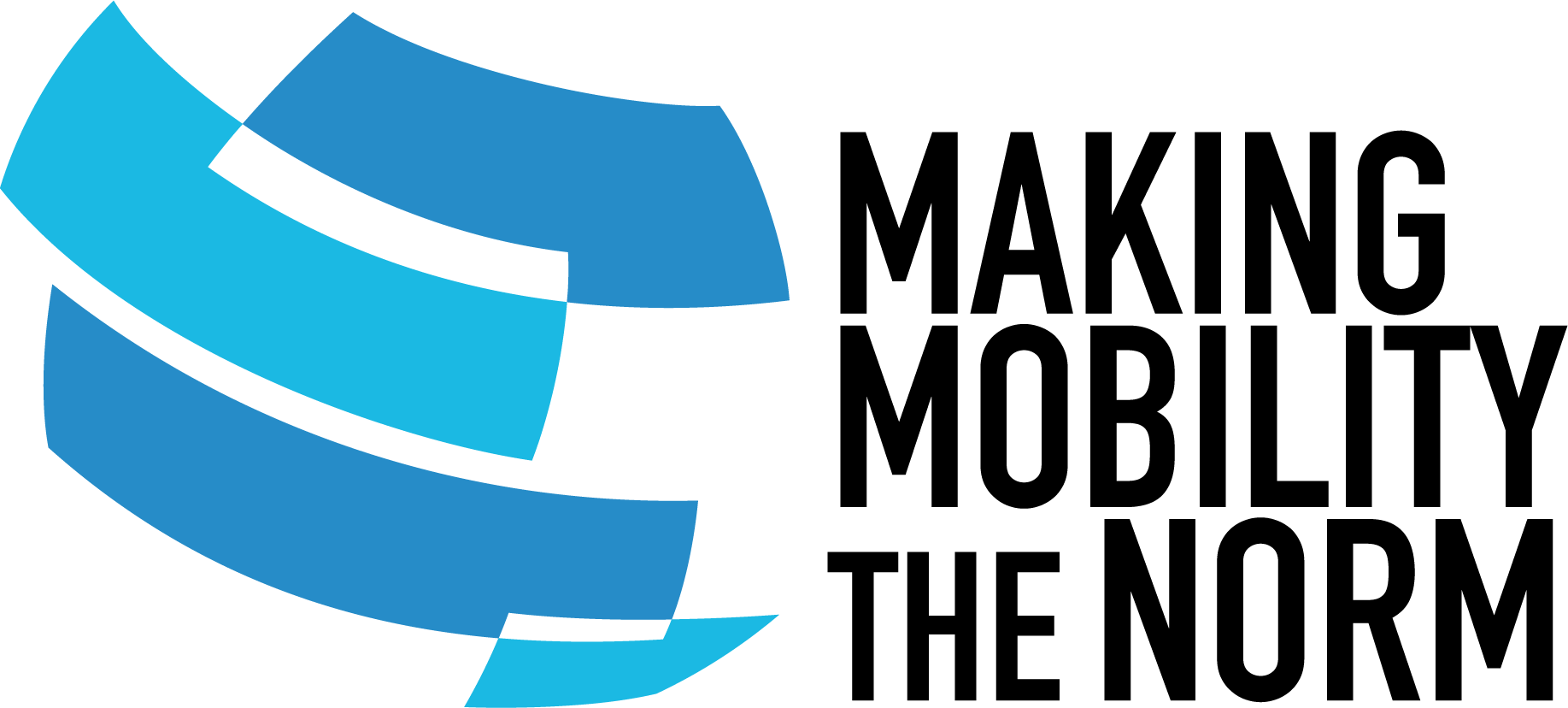Institution
Organizational Unit
Code
ΨΥ-471
ECTS
6
Language of instruction
Greek
Academic term
2/2
Title
ΕΡΓΑΣΙΑΚΗ ΚΑΙ ΟΡΓΑΝΩΣΙΑΚΗ ΨΥΧΟΛΟΓΙΑ el
WORK AND ORGANIZATIONAL PSYCHOLOGY en
Description
This is an introductory course to work and organizational psychology. The main focus is on the study of organizational phenomena, on the study of employee attitudes, emotions and behaviors in relation to work, as well as on the interaction between organizations and their external environments. The course is divided into two sections: a theory and a practice section.
During the theory section, the following topics are covered:
1) Οrganizational theories;
2) Organizational design, structure, and culture;
3) Organizational change and resistance to change;
4) Leadership and teams in organizations;
5) Job Attitudes: Burnout, Work Engagement, Job Satisfaction, Workaholism
6) Motivation at Work
7) Productive Job Behaviors: Job performance
9) Counter-Productive Job Behaviors and the Role of Justice
10)Work environment and work-related well-being
11)Individual characteristics in relation to work
The practice section includes group exercises aiming at the better understanding of work and organizational theories. Students are expected to formulate specific hypotheses on a related topic and to test these hypotheses by applying specific methods of data collection and analysis with the purpose to complete a short research paper.
During the theory section, the following topics are covered:
1) Οrganizational theories;
2) Organizational design, structure, and culture;
3) Organizational change and resistance to change;
4) Leadership and teams in organizations;
5) Job Attitudes: Burnout, Work Engagement, Job Satisfaction, Workaholism
6) Motivation at Work
7) Productive Job Behaviors: Job performance
9) Counter-Productive Job Behaviors and the Role of Justice
10)Work environment and work-related well-being
11)Individual characteristics in relation to work
The practice section includes group exercises aiming at the better understanding of work and organizational theories. Students are expected to formulate specific hypotheses on a related topic and to test these hypotheses by applying specific methods of data collection and analysis with the purpose to complete a short research paper.
Learning outcomes
Upon successful completion of the course, students will be able:
- to explain the main theories regarding organizational design, structure, and culture;
- to explain how organizational changes are implemented and how organizational changes determine resistance to change;
- to distinguish between different leadership styles and explain how teams function in organizations;
- to develop the main principles and theoretical models that explain work-related well-being, work motivation, attitudes and (productive and counter-productive) behaviors in relation to work;
- to formulate specific research hypotheses with regard to work and organizational phenomena and test these empirically.
- to explain the main theories regarding organizational design, structure, and culture;
- to explain how organizational changes are implemented and how organizational changes determine resistance to change;
- to distinguish between different leadership styles and explain how teams function in organizations;
- to develop the main principles and theoretical models that explain work-related well-being, work motivation, attitudes and (productive and counter-productive) behaviors in relation to work;
- to formulate specific research hypotheses with regard to work and organizational phenomena and test these empirically.
